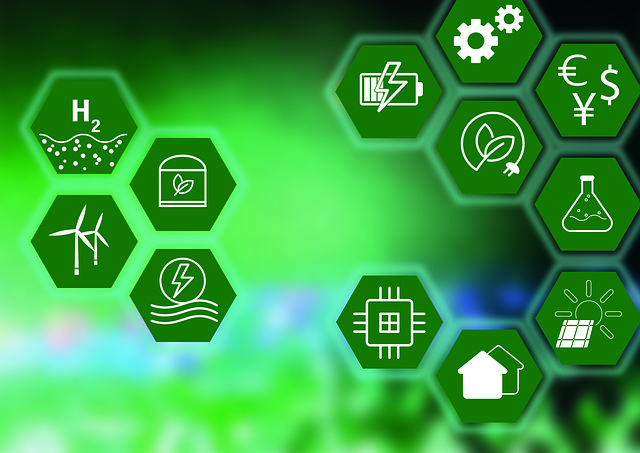Tunisia – agreements signed for the production of green hydrogen with six foreign companies.
Tunisia has signed six memorandums of understanding with several foreign companies for the production of green hydrogen. The ceremony was attended by the Minister of Industry, Mines and Energy, Fatima Thabet Chiboub, who underlined that these agreements give new impetus to the national strategy for the development of green hydrogen and its derivatives in Tunisia by 2050, in order to attract local investments and exploit the available industrial and energy infrastructures. This strategy envisages the production of 8,3 million tonnes of green hydrogen and its derivatives by 2050, of which 2,3 million tonnes destined for the local market and six million tonnes destined for export with a total value of investment of approximately 120 billion euros. According to a press release from the same ministry, the companies that have signed the agreements are: the British and Maltese group that holds the TuNur holding, the Norwegian company Aker Horizons and the Austrian Verbund group; the British company Savanah Energy, the French Hydrogene, the French company Amarenco and the Jordanian company H2 Global, the Belgian Deme Energy and the German company Abo Energy.
Green hydrogen in Tunisia refers to the production of hydrogen through processes that use renewable energy such as solar or wind energy, thus avoiding greenhouse gas emissions in the production process. Africa’s northernmost country is fully committed to the energy transition and determined to reduce its dependence on gas, which accounts for almost 97 percent of its electricity production. Estimates suggest that, at full capacity, Tunisia could export up to six million tonnes of hydrogen per year, creating a powerful and sustainable energy ecosystem, with significant consequences on the international stage, particularly for clean energy-hungry Europe. With the vision of positioning itself as a central hub in the production of green hydrogen, Tunis, through the operator TuNur, aims to achieve a historic goal, namely that of reaching 12 gigawatts of installed capacity by 2030.
According to the National Energy Management Agency (ANME), Tunis aims to increase its share of renewable energy in overall energy production to 35 percent within the next six years, from the current six percent, guaranteeing a supply secure energy, accessible to all and at reasonable prices for 2035. This strategy, according to the Ministry of Energy of Tunis, is part of a vision aimed at combating, in the short term, the problem of energy security through a sustainable energy model. The country is also committed, as part of the Paris Agreement, to neutralize carbon emissions by 2050. The modernization of the energy sector also consists of interconnection with Italy through the Elmed project which involves the construction of a cable submarine of over 240 kilometers between the Partanna electrical station (Trapani) and the Cape Bon peninsula. The work, worth 840 million euros, will be carried out by Terna and the company that manages the Tunisian electricity grid, Steg. Once the work is completed, the infrastructure will guarantee a direct current of 600 megawatts between the two shores of the Mediterranean. Looking ahead, the work will allow, on the one hand, Tunisia to export “clean” energy to Europe; on the other hand, the infrastructure could constitute a source of energy supply for the entire North African region, effectively making Tunisia an energy hub.
READ the latest news shaping the hydrogen market at Hydrogen Central
Tunisia – agreements signed for the production of green hydrogen with six foreign companies. source









